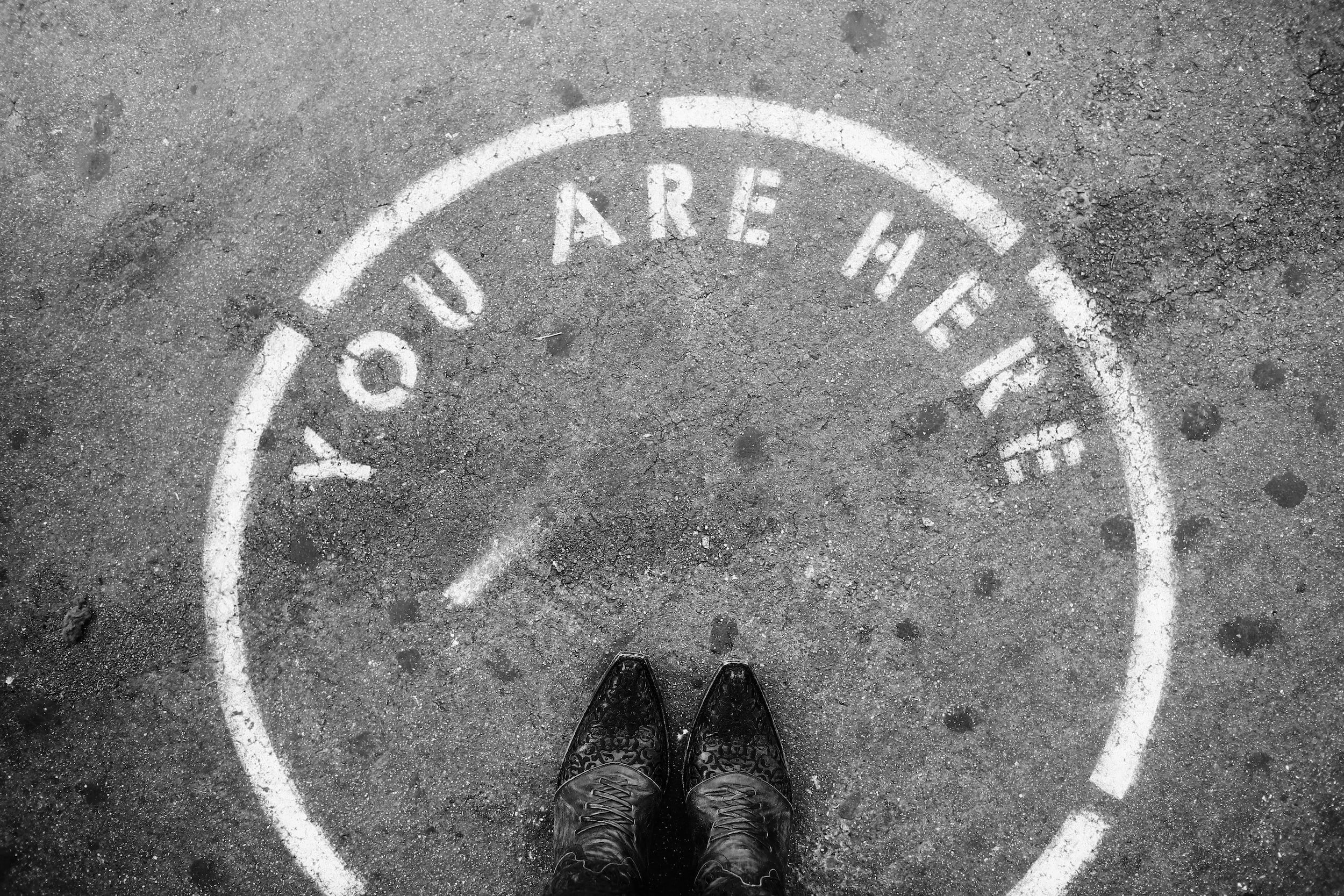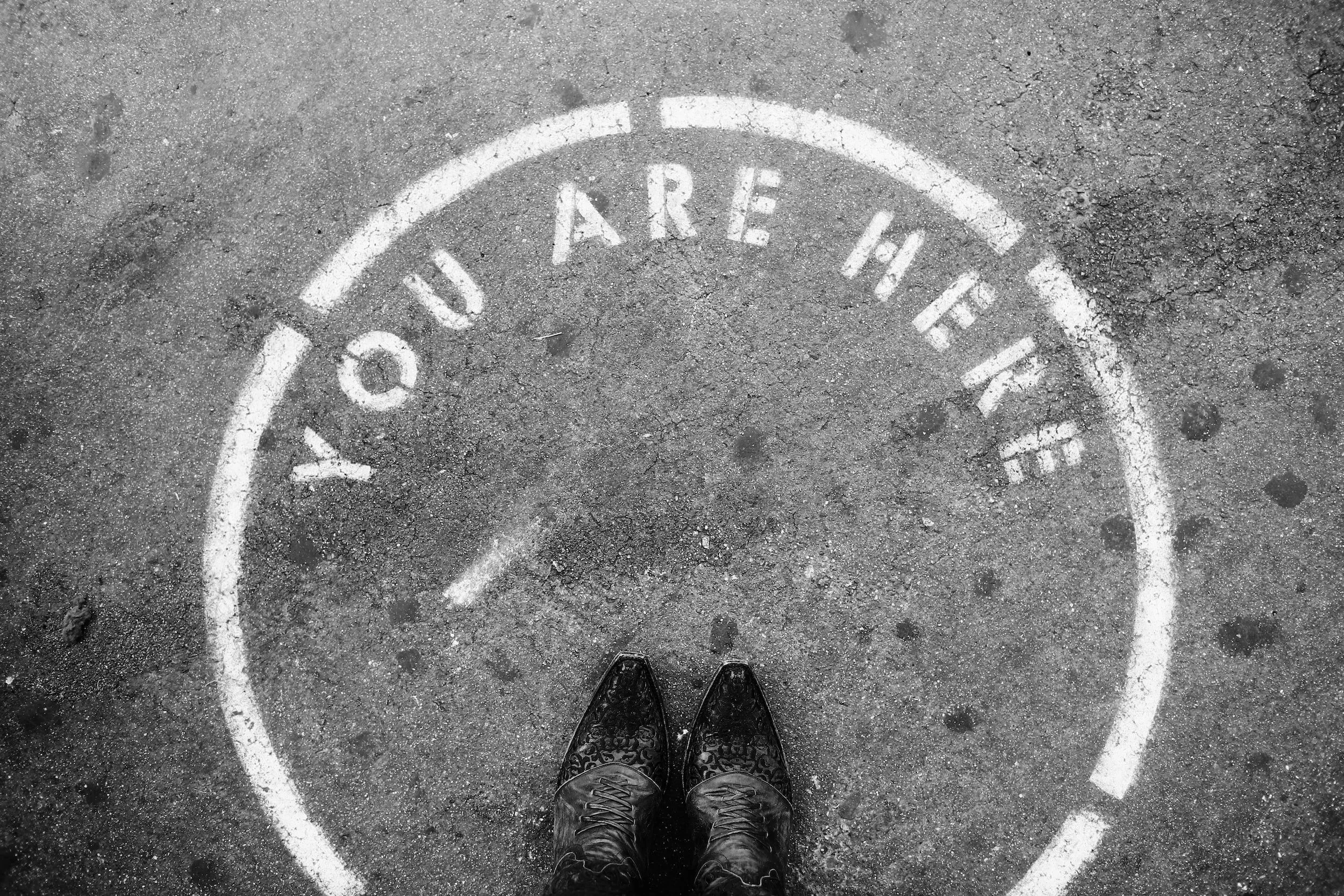What is a life crisis?
A life crisis is a period of intense self-reflection and reassessment that many people experience at some point in their lives. It can be triggered by a significant life event, such as a major illness, the loss of a loved one, or a career setback. During a life crisis, you may feel a sense of psychological distress marked by discontent, anxiety, or a feeling of being stuck. You may question you values, goals, and the direction of your life.
The reality?
A life crisis can appear at any time in life and for different reasons. You may be already familiar with the infamous midlife crisis, which is characterized in the movies by a new red sports car, trips to Vegas, plastic surgery, and remarrying someone too young for you.
According to researcher Margie Lachman, the midlife crisis itself is a myth: Only 10-20% of people actually experience it, as opposed to almost 75% of people reporting having experienced a quarter-life crisis (LinkedIn research).
Lachlan says that 1/3 of the time, self reported causes of a midlife crisis are triggered by job loss, financial problems, or illness. Unfortunately, those types of extremely stressful situations can occur at any time, widening the window for a “mid”life-crisis to be anywhere from age 30 to 65.
Getting through a midlife crisis looks different for everyone. You might have the intention and inspiration to expand your business; or you may be weathering a layoff. You may be trying to lose 30 pounds, or you may be dealing with the onset of a chronic illness.
Whatever you’re facing, a life crisis can be a challenging but ultimately rewarding period of growth and self-discovery, as individuals work to redefine their sense of purpose and find a new sense of direction.
Some signs that you’re going through a life crisis
-
Feelings of confusion, helplessness, or sadness.
-
You’re languishing, have little motivation or no motivation at all.
-
You struggle to stick to your goals.
-
You feel no attachment to your daily activities.
-
You lost a feeling of purpose.
-
You’re questioning your values and beliefs.
-
You don’t know what you want, but you know it’s not this.
-
You’re feeling lonely.
-
You’re comparing yourselves to others too often.
-
You are increasingly aware of your mortality.
4 stages of a life crisis
The four stages of a life crisis are similar but also very different than that of people dealing with PTSD from “gross stress reactions” (reacting to war or major natural disasters). This is not to say that losing your job is comparable to being in the Vietnam War. Obviously they’re nothing alike.
But your body doesn’t know that. All it knows is that you lost your job, or just learned you have MS, or are extricating yourself from a difficult relationship, or taking care of an aging parent, or are in a business position to have to make layoffs.
And that’s stressful.
This is what we go through in a life crisis
-
The Impact Phase. This is the initial reaction to the crisis, which is often characterized by shock, disbelief, and a sense of being overwhelmed. People in this phase may struggle to process what has happened and may feel a wide range of emotions, including fear, anger, and sadness.
This is when people begin to question their values, goals, and the meaning of their life. They may start to feel like they haven’t accomplished enough or that they’re not on the right path. This stage can be prompted by major life events like a divorce, a death in the family, or a career setback.
To get through it: Take a break when you need to. Cry it out. Get a lot of rest. Remember it’s okay to feel your feelings. Talk to people. Try to process what is happening.
-
The Recoil Phase. In this phase, people may begin to come to terms with the crisis and start to focus on what they need to do to manage the situation. This can include seeking support from family and friends, developing a plan of action, and taking steps to address the crisis.
You may feel a sense of urgency to make significant changes in your life. People in this stage may feel a strong desire to try new things or take risks, and may experience feelings of regret or nostalgia for their youth.
To get through it: This is the point where you can start Visioning. A structured program with coaching support will help you more swiftly and holistically address these next two phases:
-
The Reflection Phase. In this phase, people may start to reflect on the crisis and its impact on their lives. They may evaluate their values, priorities, and goals, and may consider making changes to their lives based on what they’ve learned.
This is when people begin to come to terms with the fact that they’re getting older and that certain opportunities are no longer available to them. They may feel a sense of loss or sadness, but they may also feel a renewed sense of purpose or clarity about what’s really important to them.
To get through it: Use the Visioning process to ask yourself the right questions. With the right prompts and frameworks, you’ll get to the heart of who you truly are and what you ultimately want.
-
The Recovery Phase. In this final phase, people work to rebuild their lives and move forward with acceptance and peace. This can include healing emotional wounds, rebuilding relationships, and creating a new sense of normalcy in their lives.
People in this stage understand that life is . They may feel a greater sense of gratitude and appreciation for the life they have, and may be more focused on leaving a positive legacy for future generations.
To get through it: This is when you create your Roadmap to start living your Vision, today. Even if you don’t have all the answers, you’ll have a tool in your back pocket to help you make confident, correct decisions throughout your day and beyond.
Not everyone experiences these phases in the same way or in the same order. Some people may experience these phases simultaneously, while others may take longer to move through each stage.

